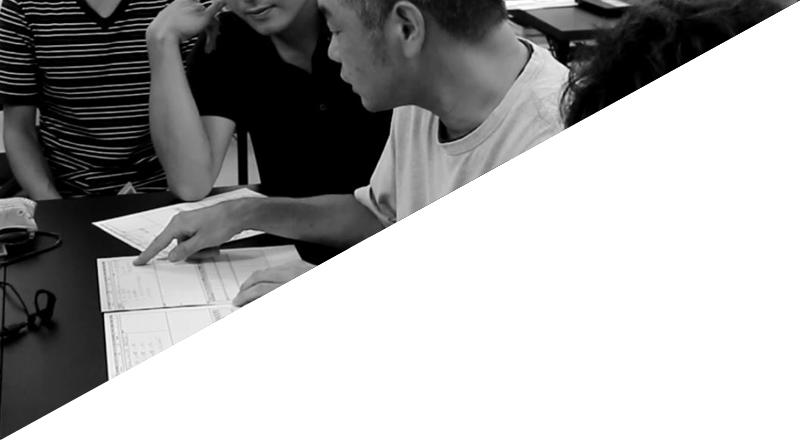

When referring to a clerk or shopkeeper, the honorific san is used. The suffix -ka means a person who is is an expert or specialist in the designated subject.

The suffix -ya means the store where the objects are sold or the person who sells them. Japanese give the family name first followed by the given name. Kodomo child, children kodomotachi children Hon book, books, a book, the book, the booksįor nouns referring to people, the suffix -tachi may be used to indicate the plural. In romaji the names of persons and places are capitalized as are the names of languages except English ( eigo). Japanese nouns do not have gender, they may not be modified by definite or indefinite articles because none exist in Japanese, and the singular and plural forms are usually the same. Torako saw a mouse (Literally, "Torako mouse saw.")Ī sentence is made into a question by placing the particle ka at the end. Japanese is a Subject-Object-Verb language as compared with English which is a Subject-Verb-Object language. The topics chosen are those which may benefit a person who is beginning to study Japanese and who would like a quick reference to supplement more complete and authoritative sources. Most of the examples have been taken from, or have been suggested by, the references given at the end. Edmonton, Alberta T6G claim is made for either originality or completeness in these notes.


 0 kommentar(er)
0 kommentar(er)
